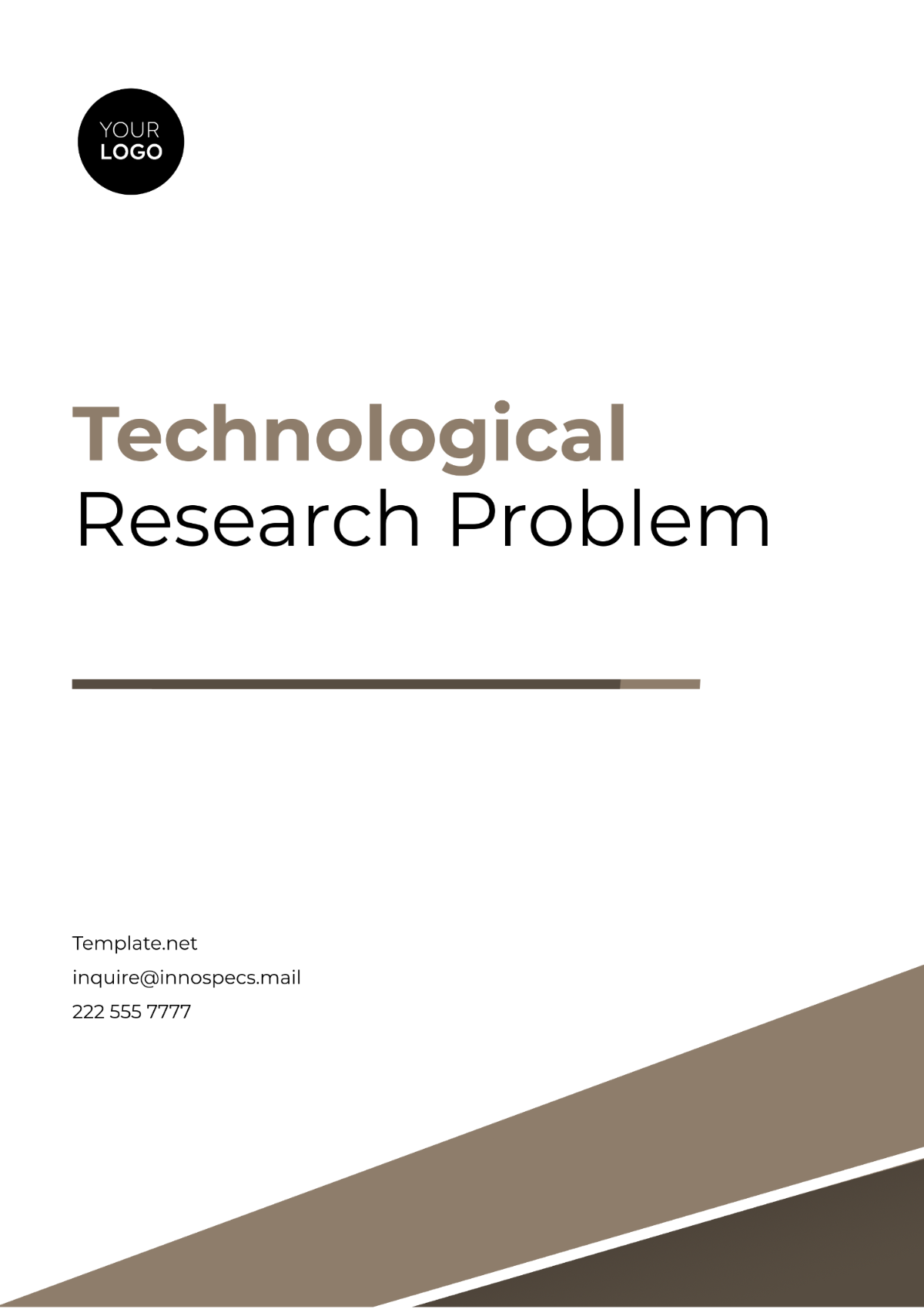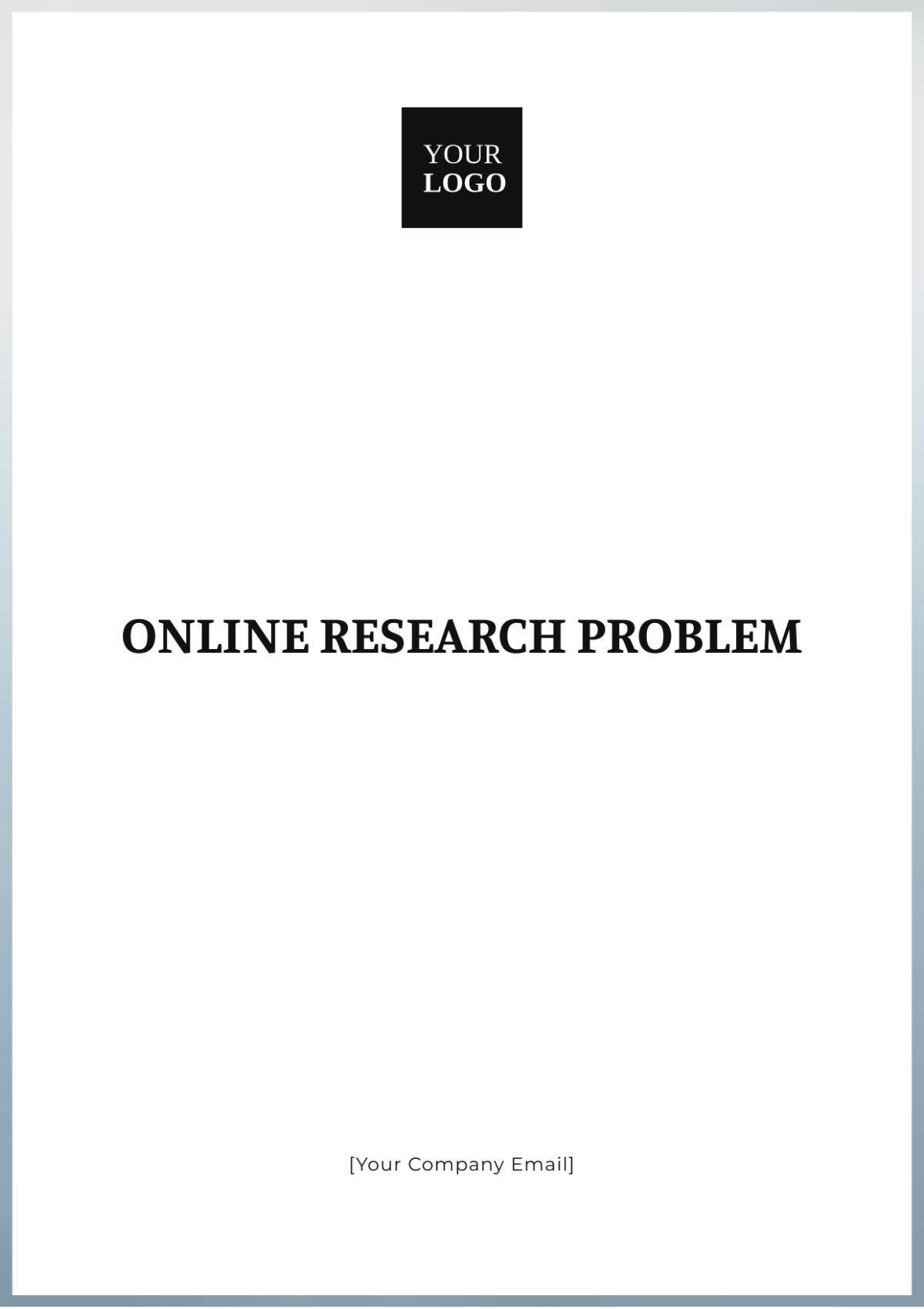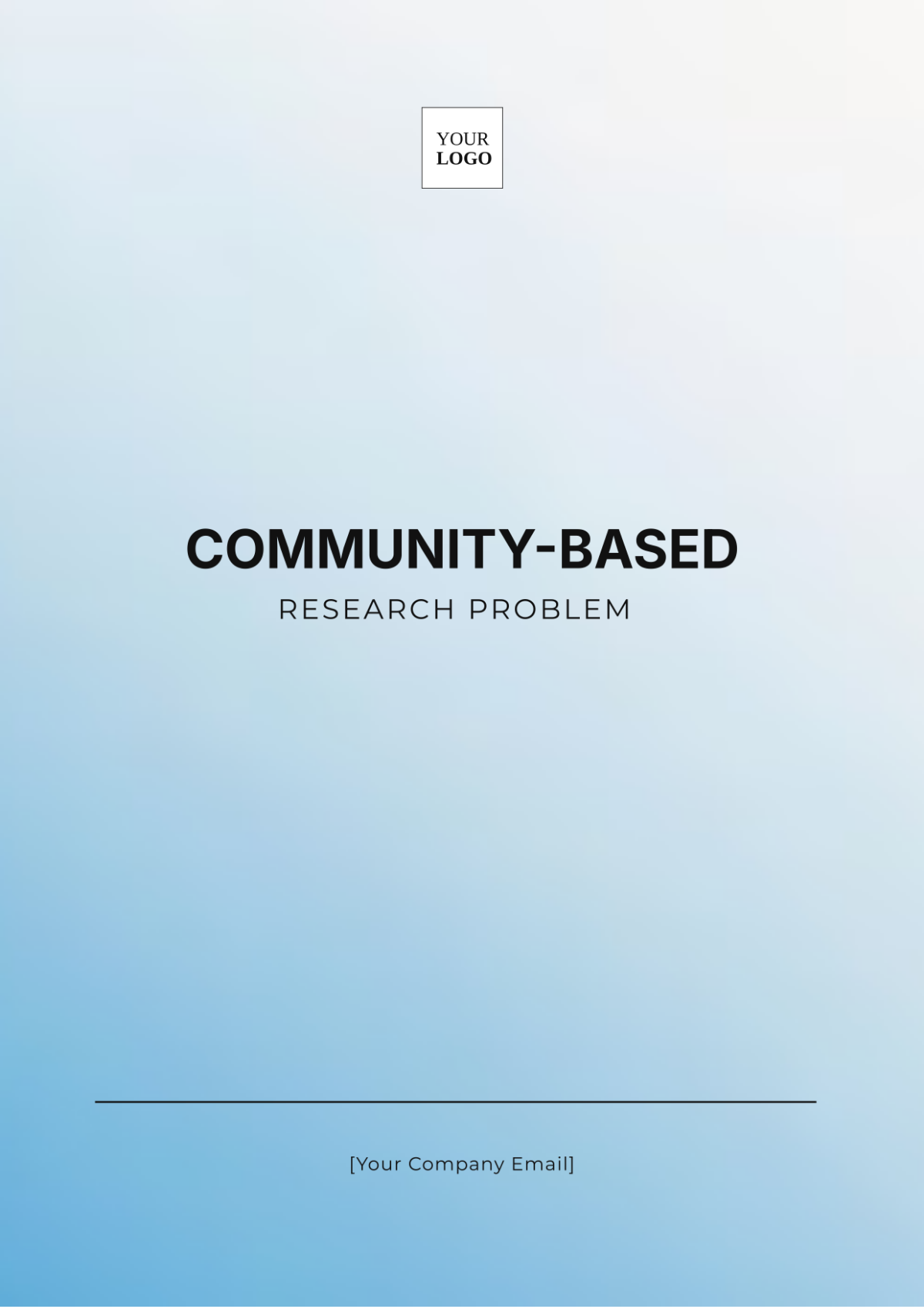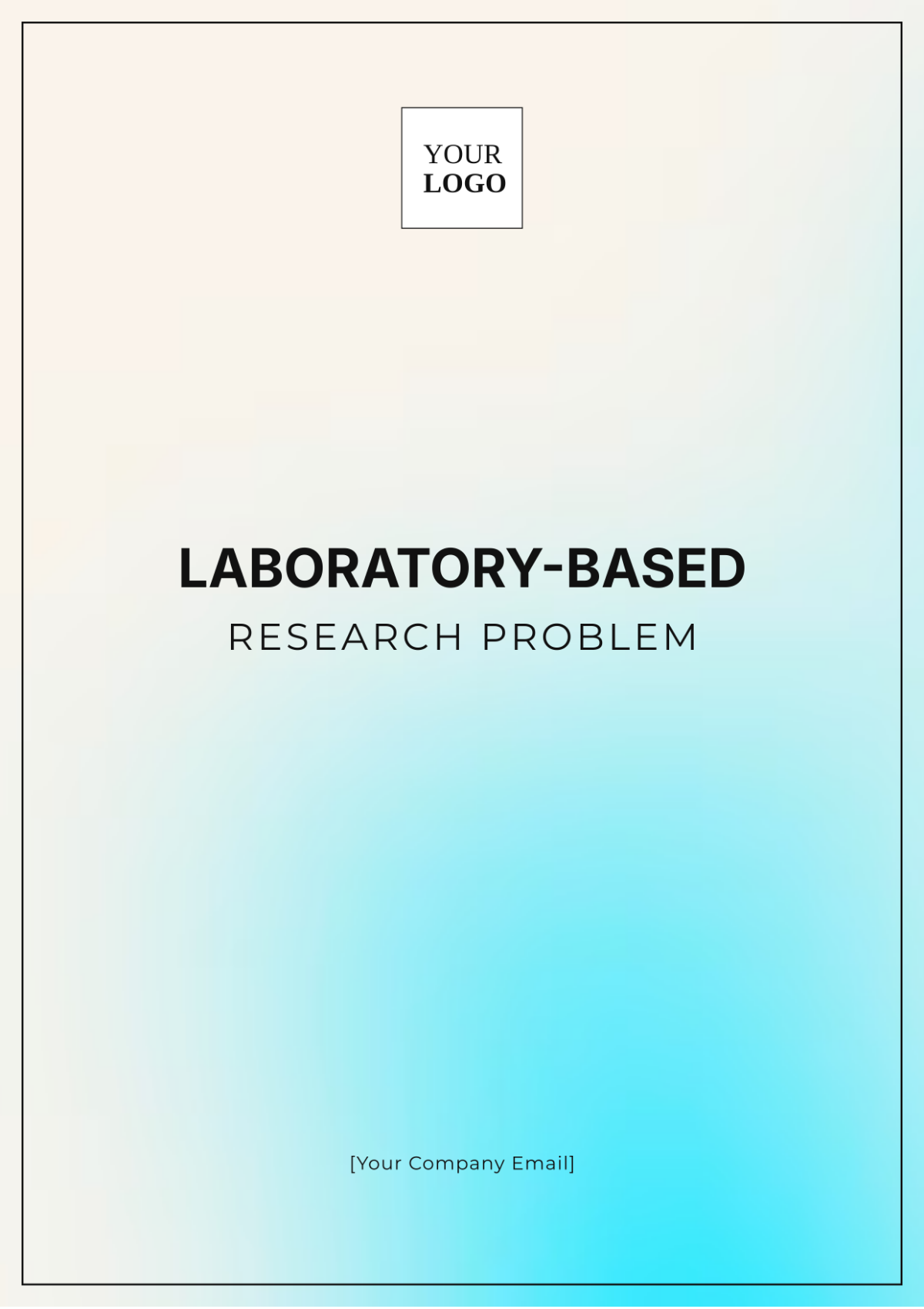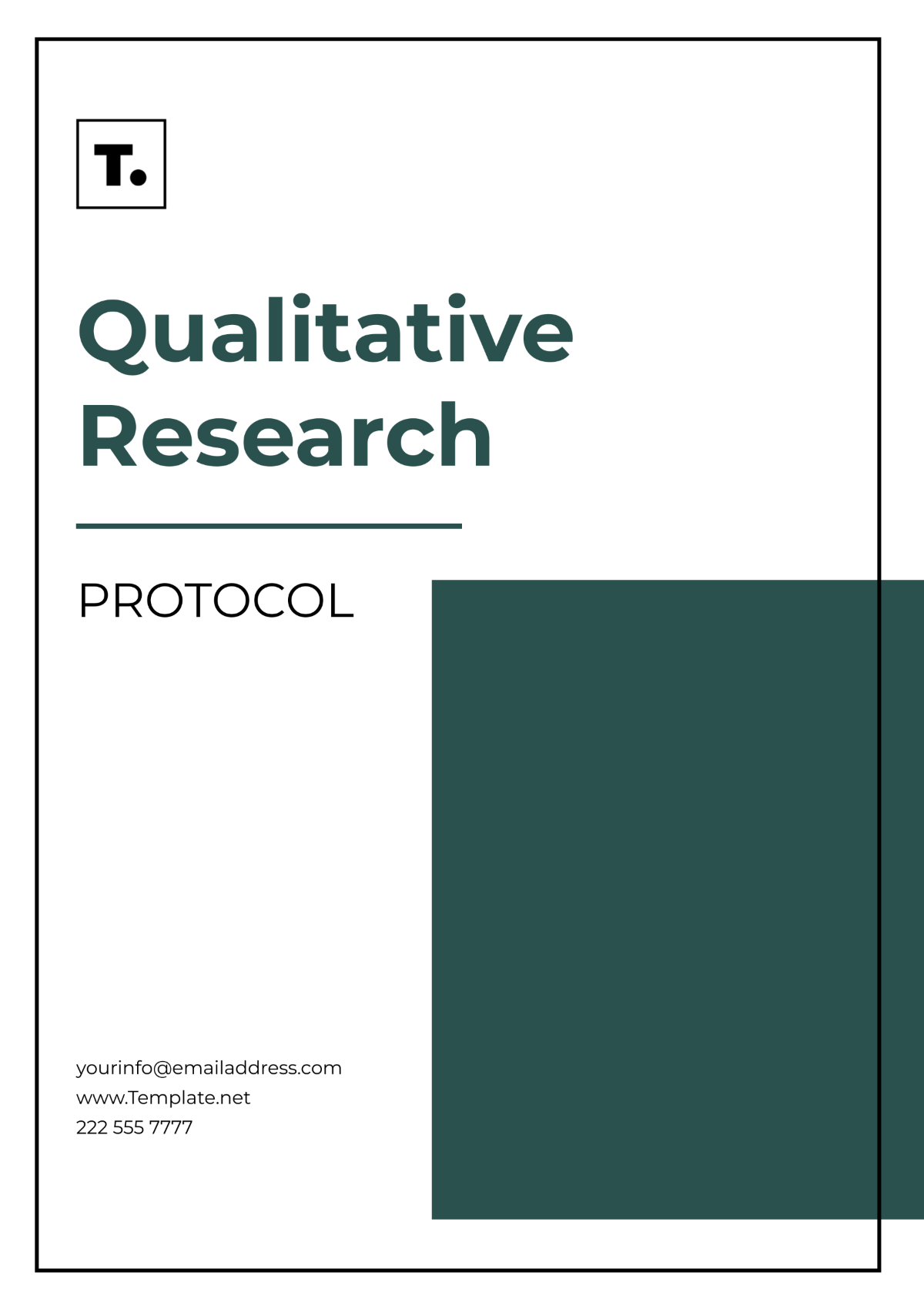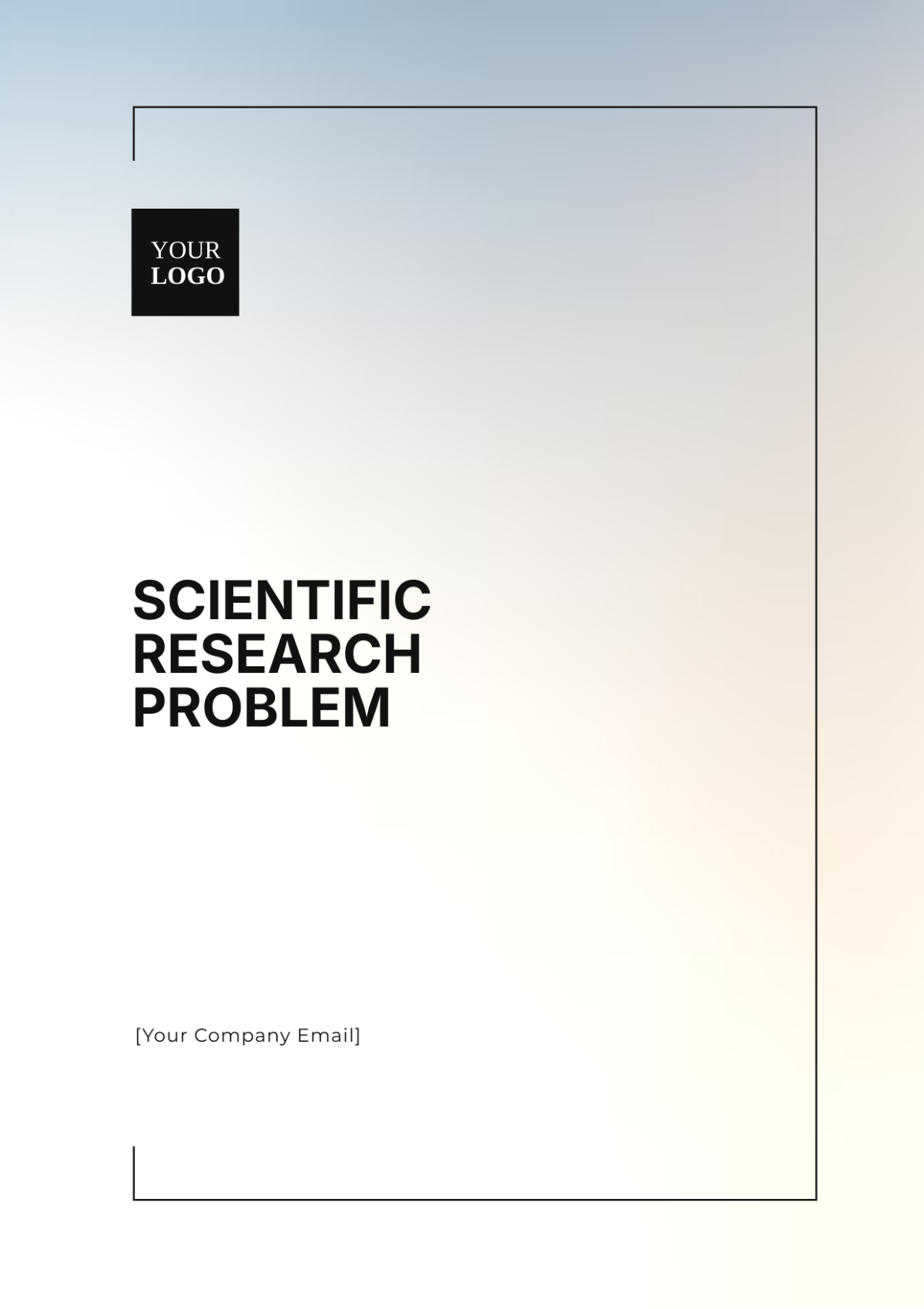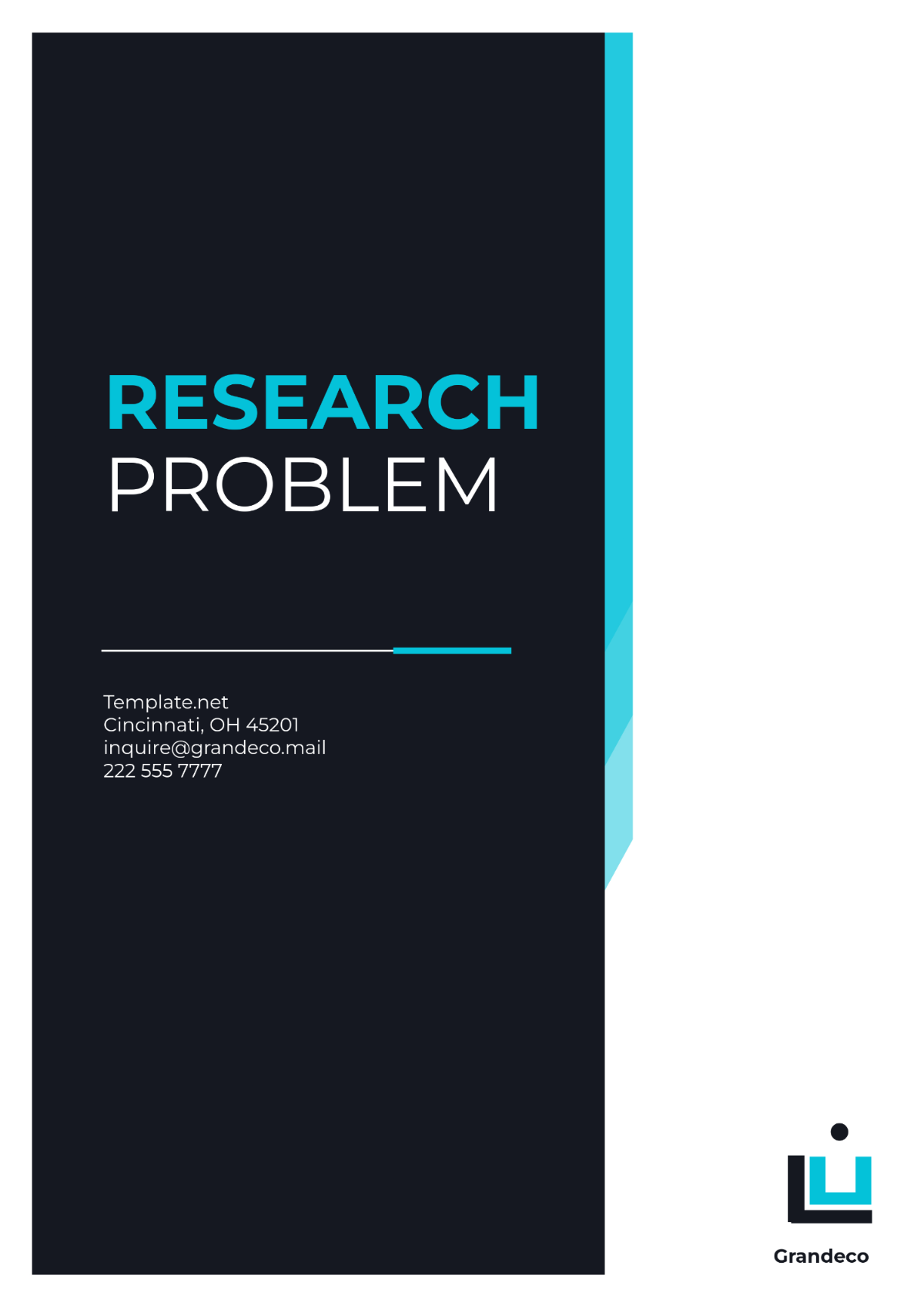Synthesis in Research Process
I. Introduction
Synthesis in the research process involves amalgamating various sources of data, perspectives, and findings to create a comprehensive understanding of a topic. This stage is critical, as it facilitates the formulation of new ideas, theories, and insights by integrating diverse pieces of information.
II. Importance of Synthesis
Synthesis is essential in research for several reasons:
Combining diverse perspectives to provide a holistic view.
Identifying gaps in existing research.
Developing new theories or models.
Improving the reliability and validity of research findings.
III. Steps in the Synthesis Process
The synthesis process in research can be broken down into several steps:
Literature Review: Conduct a comprehensive review of existing literature to gather relevant information.
Data Collection: Collect data from multiple sources to have a broad base of information.
Data Analysis: Analyze the data to identify patterns, themes, and relationships.
Integration: Integrate the analyzed data to form a cohesive understanding of the topic.
Conclusion: Draw conclusions based on the integrated data and outline the implications for future research.
IV. Methods of Synthesis
Several techniques can be used for synthesis in research:
Meta-Analysis: A statistical method that combines results from multiple studies to identify overall trends.
Thematic Analysis: Identifying and analyzing themes or patterns within qualitative data.
Conceptual Synthesis: Integrating various concepts and theories to develop a new framework or model.
Narrative Synthesis: Summarizing and explaining findings from multiple studies in a narrative format.
V. Challenges in the Synthesis Process
Researchers may face several challenges during the synthesis process:
Dealing with conflicting data or perspectives.
Ensuring the reliability and validity of integrated data.
Managing large volumes of data.
Avoiding bias during data interpretation.
VI. Best Practices for Effective Synthesis
To enhance the effectiveness of the synthesis process, researchers can follow these practices:
Maintain Objectivity: Remain impartial when integrating data from various sources.
Be Systematic: Follow a structured approach to ensure all relevant data is considered.
Use Robust Analytical Methods: Employ reliable and valid methods for data analysis and integration.
Document the Process: Keep a record of the synthesis process for transparency and reproducibility.
VII. Conclusion
Synthesis is a pivotal element in the research process that helps to create a comprehensive understanding of complex topics. By integrating various pieces of information, researchers can generate new insights, identify gaps, and develop theories that advance knowledge in their field.


















